Tuition fees do not exceed 50% of average income per capita.
The Ministry of Education and Training is proposing to amend and supplement 20 issues in the 2018 Law on Higher Education, including the method of calculating tuition fees.
According to the proposal, universities will be autonomous in determining tuition fees based on the quality of training. For public schools, tuition fees will not exceed 50% of average income per capita. The Price Law will be adjusted to ensure uniformity of tuition fees between public and private schools.

According to the Ministry of Education and Training, tuition autonomy is part of the university autonomy mechanism and is necessary for schools to improve quality and develop sustainably. However, there should be appropriate limits to avoid financial burdens for learners, especially in public schools. There is currently no principled regulation on tuition fee ceilings compared to people's income.
It is noted that in the 2024-2025 school year, a series of universities increased tuition fees compared to the previous school year. Not only increasing in this school year, university tuition fees will continue to increase in the next 2 years. This increase is according to the Government's Decree to ensure the roadmap for calculating prices for educational and training services according to regulations for educational institutions in the national education system.
Previously, in the 2023-2024 school year, the Government issued Decree No. 97/2023/ND-CP dated December 31, 2023 amending and supplementing a number of articles of Decree No. 81/2021/ND-CP regulating the mechanism for collecting and managing tuition fees for educational institutions in the national education system.
According to the Ministry of Education and Training, the tuition fee roadmap has not met the requirements of Resolution No. 19-NQ/TW of the 12th Central Executive Committee because the tuition fee framework and level are still too low, not enough to cover training costs.
Tuition increase goes hand in hand with increased quality of education
Regarding university tuition fees, according to Mr. Chu Duc Trinh, Principal of the University of Technology (Vietnam National University, Hanoi), currently in the world, one way to calculate average tuition fees is to collect 50% of GDP per capita at the time of study.
In Vietnam, GDP per capita is currently nearly 5,000 USD. If calculated according to the above rule, 1 year of tuition is nearly 2,500 USD.
According to Mr. Trinh, if that cost is put on the shoulders of the students, it will be very difficult, so Mr. Trinh hopes that in the coming time, the Government will invest more in schools, especially in building facilities and practice equipment.
Speaking with reporters of Dai Doan Ket Newspaper, Associate Professor, Dr. Nguyen Viet Ha - Head of Public Relations and Business, University of Mining and Geology, said that the proposal of public school tuition fees being determined according to the percentage of average income per capita as prescribed by the Government and the Ministry of Education and Training is suitable for universities that are not financially autonomous.
Currently, tuition fees vary depending on the credits. For example, at the University of Mining and Geology, the average tuition fee is from 12 to 15 million VND/year. According to Mr. Ha, tuition fees at public universities are still low. Therefore, many universities are implementing a roadmap to increase their level of financial autonomy.
“Increasing tuition fees will go hand in hand with improving the quality of education. Schools will be more proactive in investing in facilities, teaching, practice and scientific research conditions,” said Mr. Ha.
Source: https://baolaocai.vn/hoc-phi-dai-hoc-tinh-theo-thu-nhap-binh-quan-dau-nguoi-co-phu-hop-post399624.html




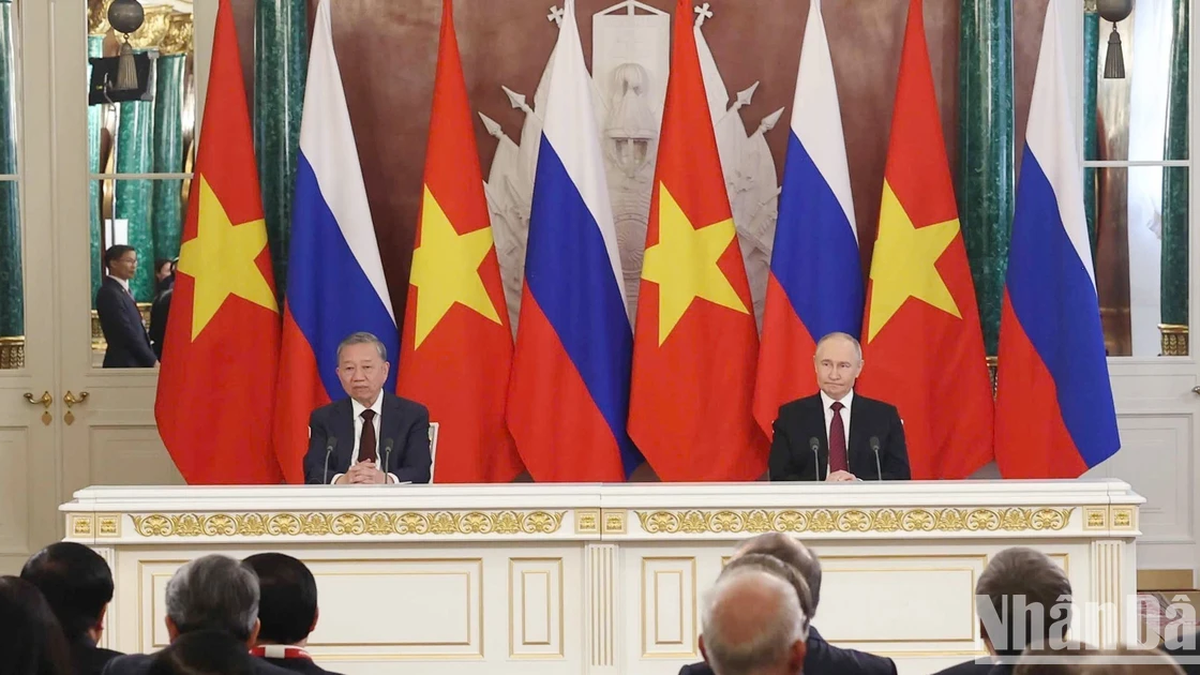


![[Photo] Prime Minister Pham Minh Chinh chairs Government Standing Committee meeting on Gia Binh airport project](https://vphoto.vietnam.vn/thumb/1200x675/vietnam/resource/IMAGE/2025/5/10/6d3bef55258d417b9bca53fbefd4aeee)


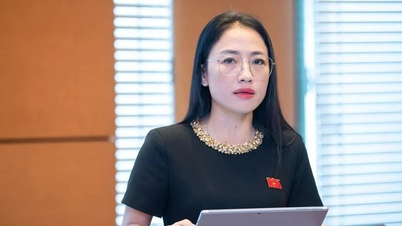


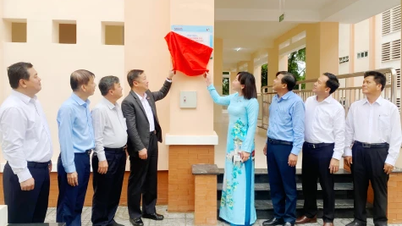





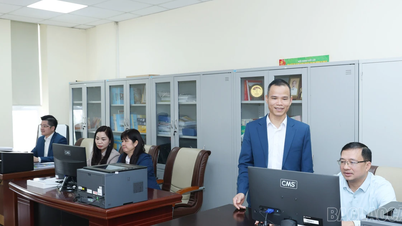
![[Photo] Go to Y Ty to see "Mirror of the Sky"](https://vphoto.vietnam.vn/thumb/402x226/vietnam/resource/IMAGE/2025/5/10/3163c61812c14c12ba1f3d3c301e2db9)



![[Photo] General Secretary To Lam holds a brief meeting with Russian President Vladimir Putin](https://vphoto.vietnam.vn/thumb/1200x675/vietnam/resource/IMAGE/2025/5/10/bfaa3ffbc920467893367c80b68984c6)



































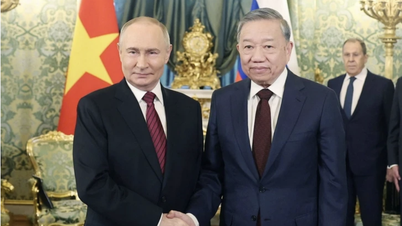

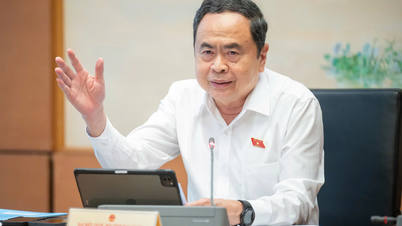






























Comment (0)